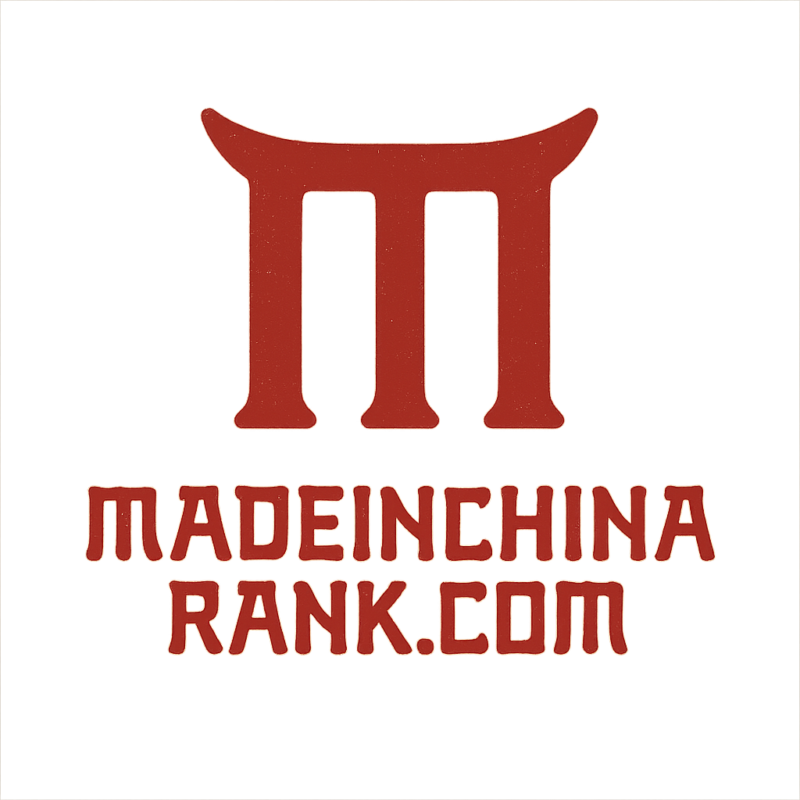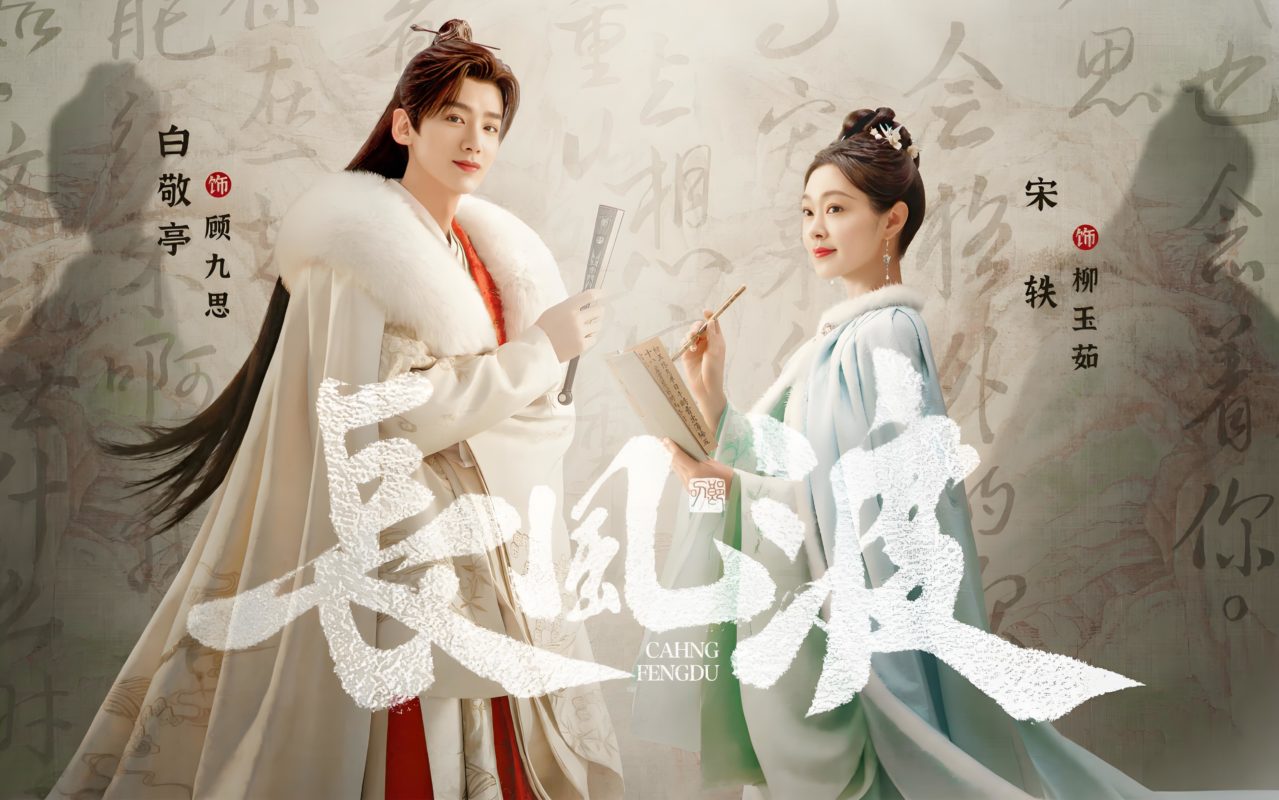1. Setting the Stage: A World of Storms and Aspirations
Mo Shubai’s novel Chang Feng Du (The Long Wind Crossing) unfolds in a world shaped by dynastic turbulence, where shifting political tides, unyielding ambitions, and fragile human bonds intertwine. The story is not merely about battles of steel or contests of schemes, but rather about the enduring spirit of individuals who stand against the storms of destiny, striving to assert their choices in a time where one’s life is often dictated by power, duty, and unrelenting circumstance. With its atmospheric blend of martial valor, intricate court dynamics, and poignant emotional struggles, the narrative situates itself at the intersection of history, romance, and human endurance.
2. The Main Protagonist: A Journey Rooted in Determination
2.1 A Man Forged by the Winds
At the heart of Chang Feng Du lies Gu Jiusi, the protagonist whose life story embodies the novel’s central theme of growth and resilience. He begins as a spirited and somewhat unruly youth, yet beneath his carefree demeanor lies the potential for profound responsibility and greatness. The shifting circumstances of war, political strife, and personal choices gradually temper him, transforming him into a leader whose will is no longer defined by impulse but by the weight of duty.
2.2 Transformation Through Trials
Gu Jiusi’s character arc is striking for its emphasis on personal transformation. Each hardship—from facing betrayal and loss to navigating alliances with uncertain loyalties—carves away his naivety and replaces it with maturity. His life demonstrates how resilience is not a single act of defiance but a continuous adaptation to the storms that seek to overwhelm him, and how true strength lies not in invulnerability but in the courage to change.
3. The Female Counterpart: Light in the Shadows
3.1 Liu Yuru’s Unwavering Spirit
Alongside Gu Jiusi stands Liu Yuru, a figure of remarkable inner strength whose presence ensures the story does not devolve into a mere chronicle of war and politics. Initially underestimated because of her background, Liu Yuru proves herself capable of enduring the same storms that define the protagonist’s journey. Her wisdom, compassion, and clarity of vision make her not simply a supportive partner but an essential counterpart whose influence continually reshapes Gu Jiusi’s path.
3.2 Partnership Beyond Romance
Their bond transcends the conventions of romance often found in historical fiction. Rather than serving as a passive love interest, Liu Yuru represents the embodiment of shared endurance. Together, they face not only external enemies but also the inner challenges of reconciling ideals with reality. Their relationship grows into a partnership of equals, a union that demonstrates how survival in tumultuous times demands both strength and understanding.
4. The Turbulent Historical Landscape
4.1 The Court’s Labyrinth
The narrative is deeply embedded within a political environment rife with shifting allegiances and treacherous ambitions. The imperial court serves as both a battlefield and a trap, where every decision carries consequences that ripple far beyond personal lives. In this labyrinth of intrigue, Gu Jiusi learns that survival is not only about winning battles but about mastering restraint, foresight, and strategy.
4.2 The World at War
Beyond the court lies the chaos of war, where battles are not fought solely with armies but with ideology, propaganda, and the fragile morale of the people. The depiction of warfare in Chang Feng Du emphasizes the human cost of conflict, showing how individuals—soldiers, families, and communities—bear the weight of struggles waged in the name of empire and ambition. It is against this backdrop that the characters’ choices acquire their depth and urgency.
5. Themes of Responsibility and Growth
5.1 The Burden of Duty
A recurring theme throughout the novel is responsibility, as Gu Jiusi moves from a youth unburdened by consequence to a leader whose decisions carry the weight of many lives. His growth illustrates the painful reality that true leadership is not about wielding power but about carrying burdens others cannot.
5.2 Growth Through Sacrifice
Every step forward requires sacrifice—whether of personal comfort, youthful innocence, or even cherished relationships. These sacrifices underscore the reality that progress, in both personal and political realms, comes with costs that cannot be ignored. The story insists that the pursuit of a greater good demands resilience to endure such losses without losing sight of the purpose behind them.
6. The Interplay of Fate and Choice
6.1 Winds Beyond Control
The title The Long Wind Crossing encapsulates the novel’s reflection on fate: the winds that sweep across history cannot be controlled, only navigated. The characters, regardless of their strength, are subject to forces larger than themselves—empires rising and falling, leaders consumed by ambition, storms of war that do not discriminate between guilty and innocent.
6.2 Carving a Path Amid the Storm
Yet within this framework of inevitability lies the counterforce of human choice. Gu Jiusi and Liu Yuru, though unable to command the winds, learn to steer their course through them. Their story affirms the dignity of agency even in the face of overwhelming odds, suggesting that the measure of a life is not found in the control one exerts but in the choices one dares to make within the storm.
7. Emotional Depth and Human Struggles
7.1 Beyond Heroics
One of the novel’s strengths lies in its refusal to present its characters as flawless heroes. Gu Jiusi makes mistakes, falters under pressure, and struggles with doubt, while Liu Yuru wrestles with fears and vulnerabilities. This humanization ensures that the story resonates not as a distant legend but as a mirror of the complexities inherent in real human lives.
7.2 Endurance of Love and Loyalty
Amid political upheaval and personal struggle, themes of loyalty and love emerge as anchors. They are not portrayed as simple or idealized but as fragile, tested by betrayal, distance, and hardship. What makes them powerful is their endurance, their ability to survive not because of romantic perfection but because of the characters’ willingness to persist, adapt, and believe in each other despite repeated trials.
8. The Spirit of the Long Wind
The essence of Chang Feng Du is encapsulated in its title: the image of a long wind carrying travelers across vast and uncertain seas. The characters’ lives reflect this metaphor, shaped by storms yet propelled forward by unwavering determination. The novel speaks to the persistence of the human spirit, which, though buffeted by forces beyond its control, refuses to surrender. In Gu Jiusi’s transformation from carefree youth to steadfast leader, and in Liu Yuru’s journey from underestimated woman to indispensable partner, the story embodies the conviction that endurance, resilience, and the courage to choose one’s path amid chaos form the true foundation of legacy. It is not the absence of struggle that defines greatness but the ability to continue walking forward even when the winds are fierce, the road unclear, and the horizon uncertain.

